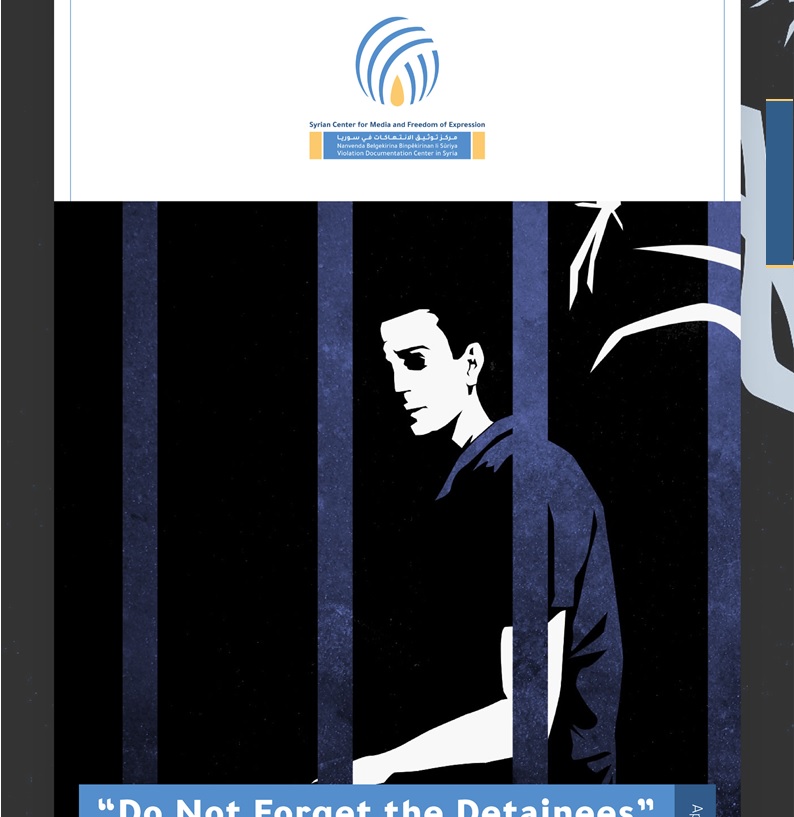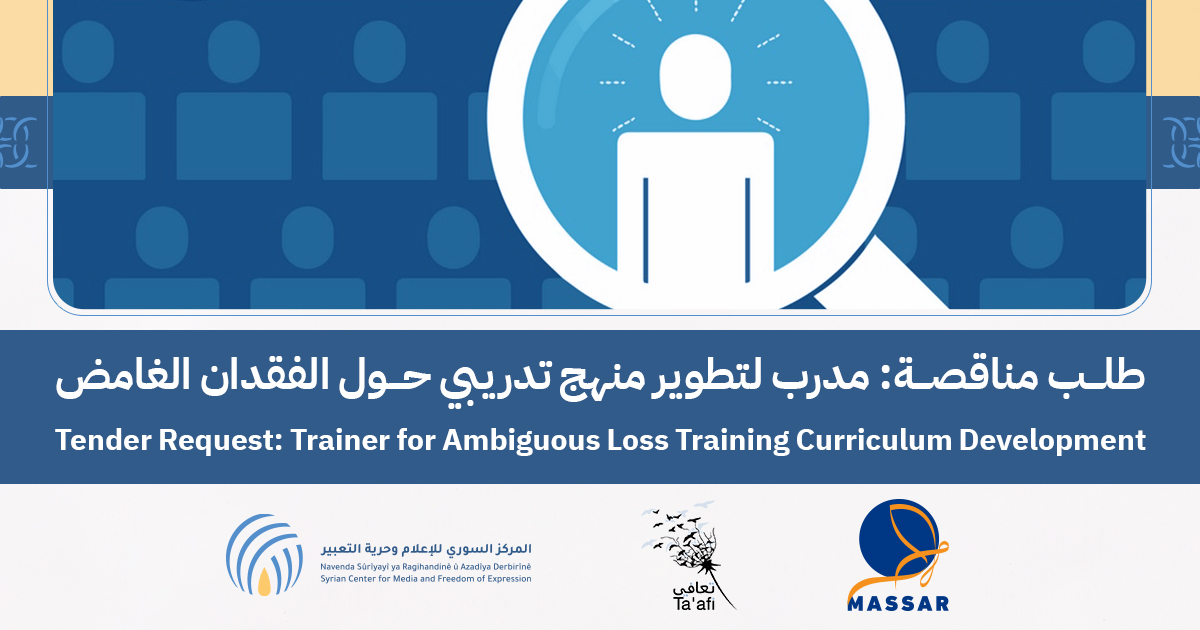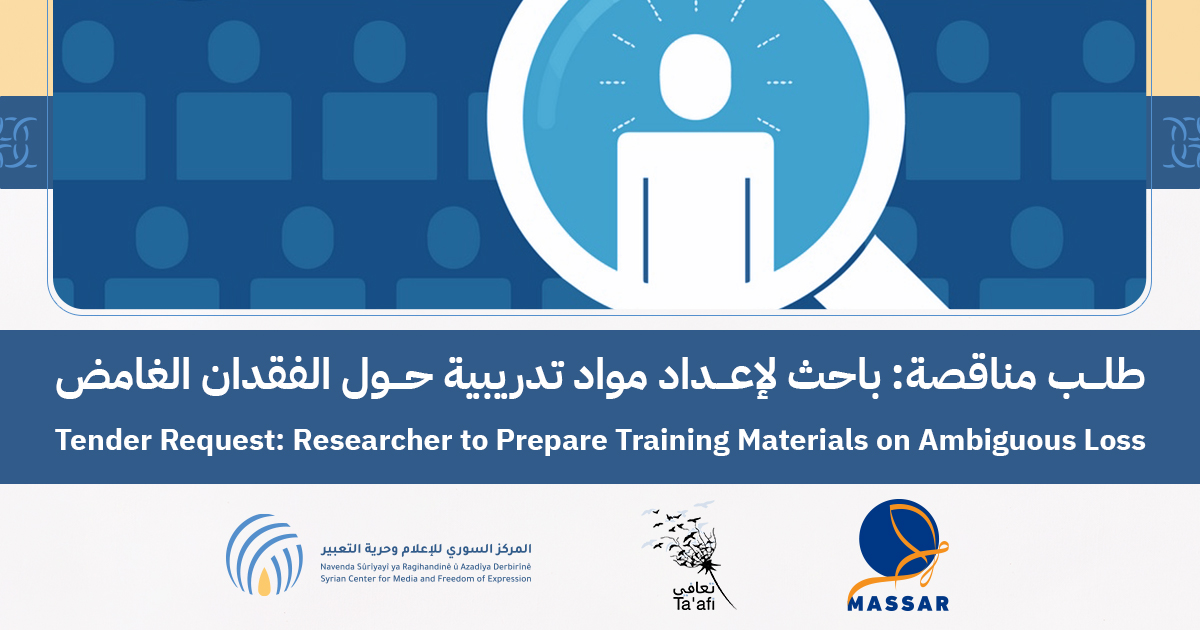The center’s team has documented in the second half of the year 2020 (2102) arrest cases by the various parties to conflict in Syria. The great proportion of arrests was by armed opposition factions (583 cases), followed by the Autonomous Administration (331 cases), then the Syrian government forces (208 cases), and (48) detention cases were recorded by Hay’at Tahrir al-Sham (HTS), while (41) kidnappings by unknown parties were documented by the Center.
«Do not forget the detainees» report for the second half of 2020 is part of a periodic series issued by the Violations Documentation Center in Syria to inform about the conditions and developments that have occurred in the detainees› file in official and undisclosed places of detention, the cases of arbitrary detention and enforced disappearances and their conditions, and the accompanying practices of torture and inhuman treatment and other violations committed by the parties to the conflict, which amounted to (2102) cases of arrest in light of widespread impunity, whether in government-controlled areas or other areas of influence that did not present different models and where the de facto forces did not show any respect for rights and freedoms where operations take place. Detention in the complete absence of judicial oversight over detention centers, and judicial bodies that do not apply minimum standards of a fair trial, violate applicable legal procedures and principles, and disregard the two basic values of the rule of law: the value of justice based on the objectivity of legal rules and the transparency of litigation and the value of equality by not discriminating between citizens for any reason. whatsoever.
The report is based on the violations documented by the Center›s team, in which it adheres to professional guidelines and rules of conduct, collection and tabulation processes, and adheres to complete impartiality and objectivity in the various stages of monitoring and collecting data about violations within the Center›s database, which adopts advanced and safe technology for archiving and analyzing information after its collection by the monitoring team inside and outside Syria and from multiple sources, the most important of which are the families of the victims, local activists, journalists, human rights activist, and former detainees. The file of the detainees is surrounded by, in addition to the difficulties associated with the security reality within Syria , the challenges stemming from the abstaining of families to talk about their relatives’ detention because of their distrust in international justice and the United Nations’ mechanisms or any international initiatives regarding the detention file, and due to their fear of reprisals against them or the detainees themselves, or from obstructing the alleged release processes when some families resort to paying bribes to mediators, brokers, and individuals in the intelligence and judicial establishment to release their relatives or even know their fate, and because of the widespread victim-blaming culture of society most of the time in case the detained were women and the attempt of their families to conceal the incident to preserve honor and reputation.
to read the Report:




